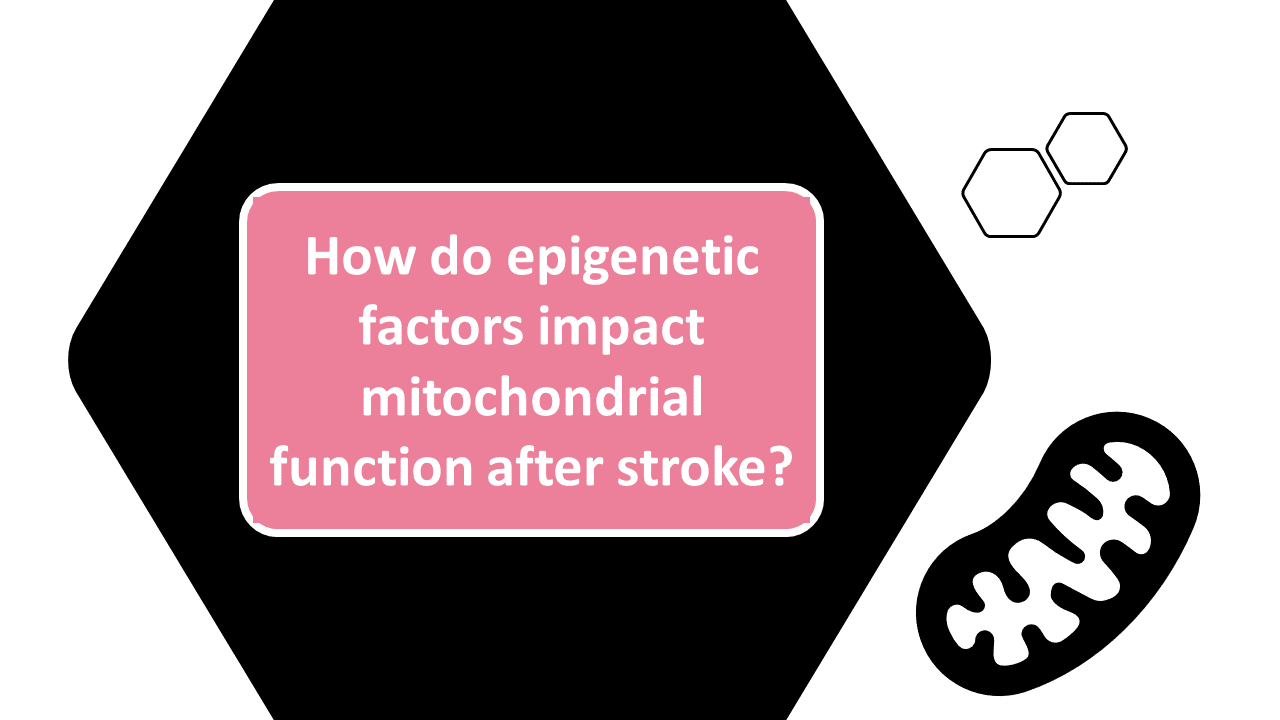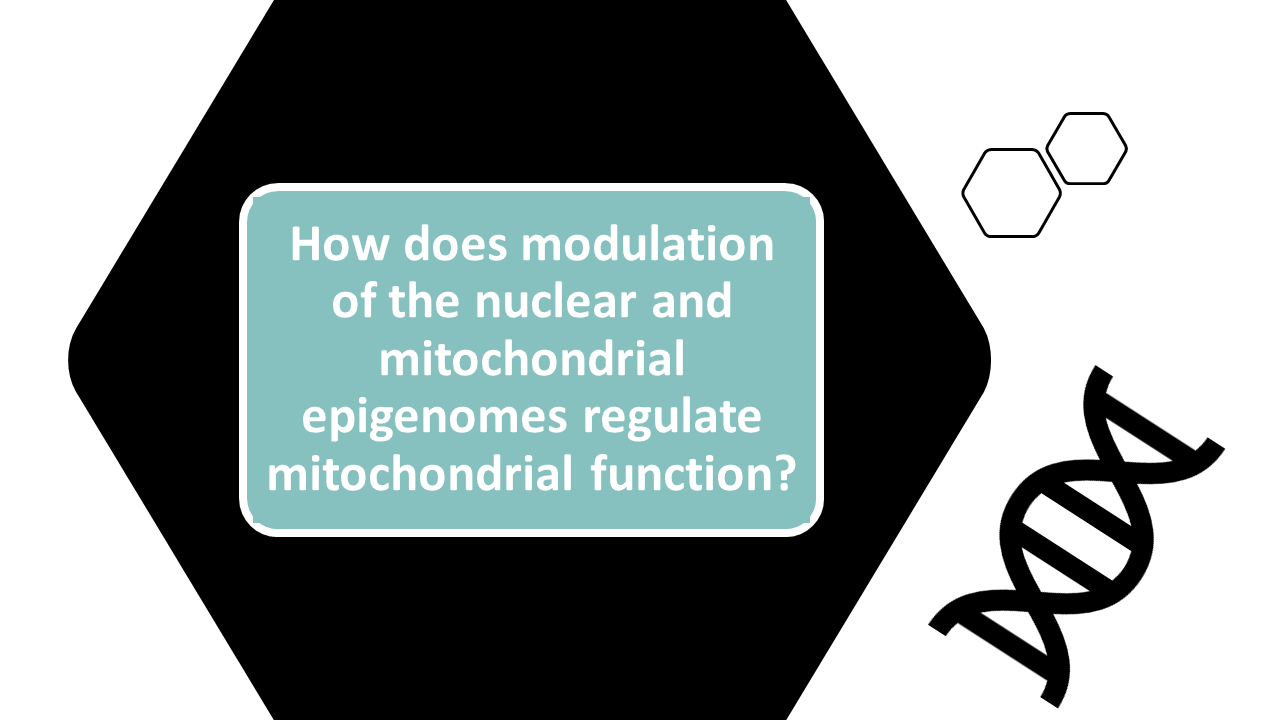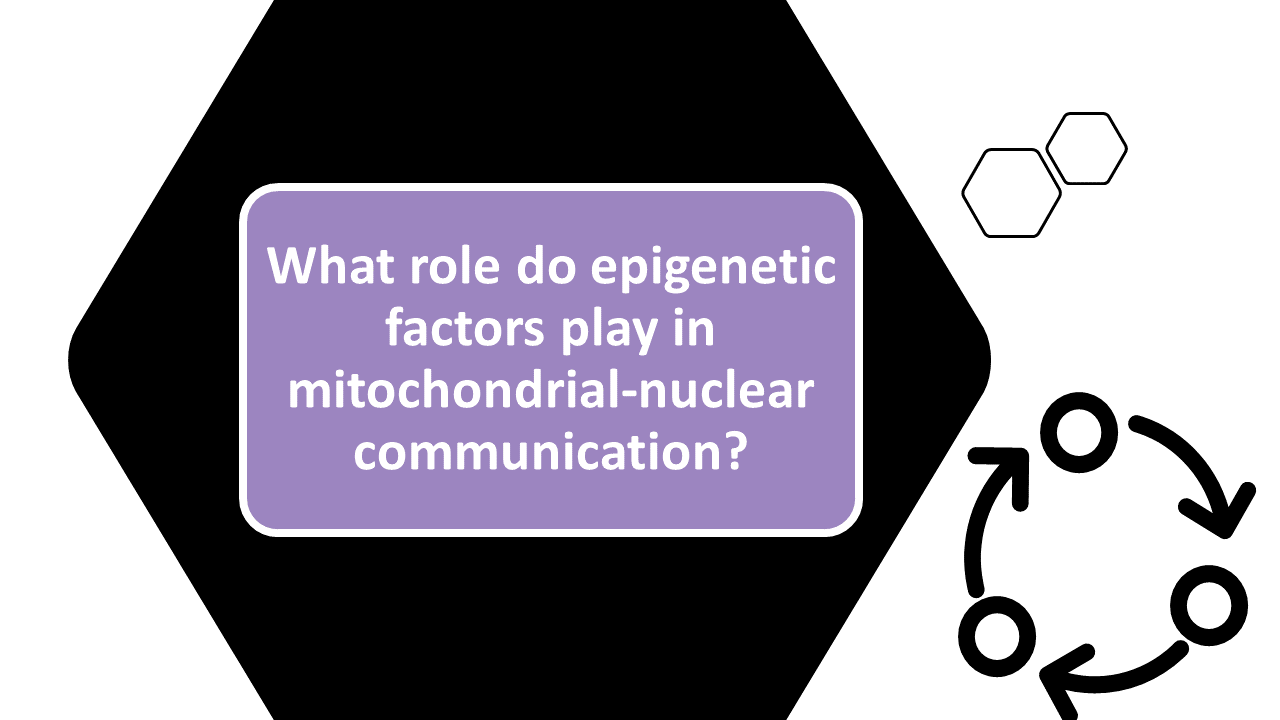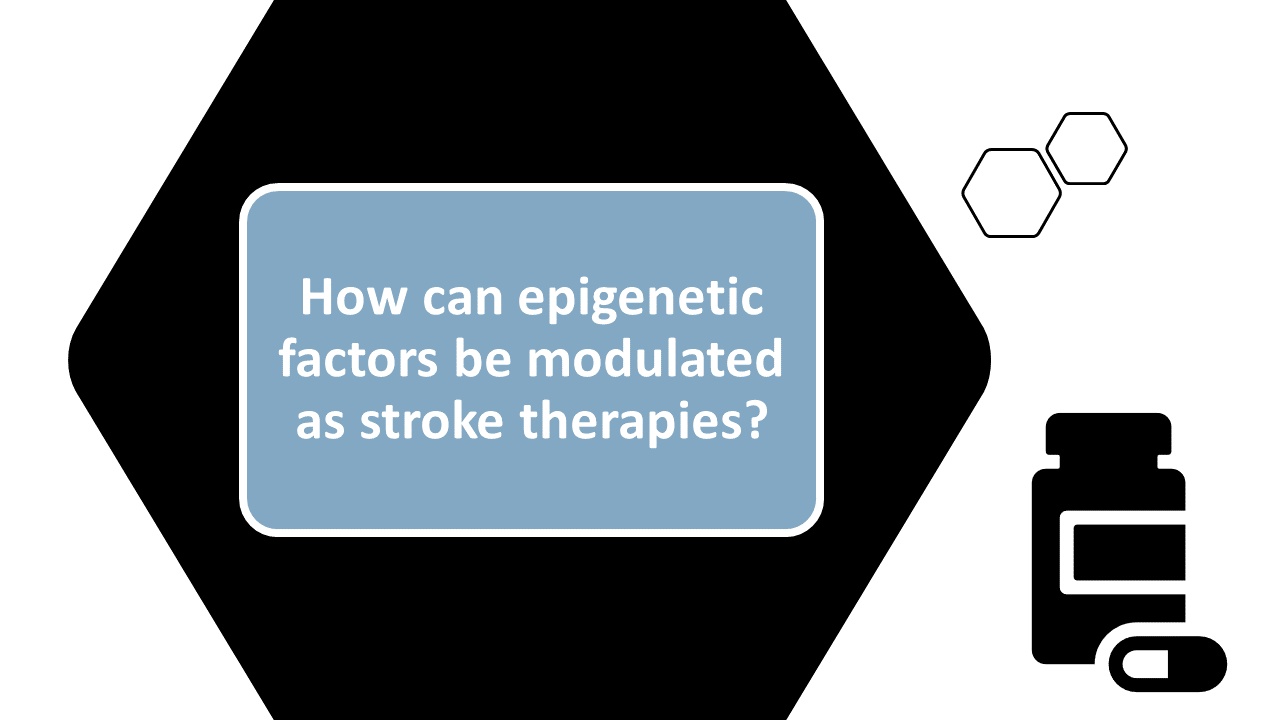Our Goal
Stroke is a devastating neurological disease that affects millions of individuals every year and causes severe disability or death. Unfortunately, effective stroke treatments are limited and many stroke survivors are left with major neurological impairments that decrease their quality of life. Therefore, improved clinical therapies are necessary for stroke survivors to achieve longer, healthier lives.
Scientific evidence over the last decade has revealed that epigenetics play a major role in stroke injury. Epigenetics are modifications to DNA that can cause either increases or decreases in gene expression. Epigenetic modifications have been shown to produce large-scale changes in gene expression after stroke and significantly influence post-stroke recovery. The goal of our research program is to mechanistically investigate epigenetic factors involved in neuroprotection and determine their potential as stroke therapeutics.
Our Research Questions
Mitochondria are major players in the progression of stroke injury in the brain. Our work and others have shown that enhancing the function of mitochondria decreases cell death after stroke and improves recovery and survival.


Despite the simplicity of the mitochondrial genome, mitochondrial DNA also undergo epigenetic alterations. However, the role of mitochondrial epigenetic factors on cellular function is not clear.
Additionally, since the majority of mitochondrial proteins are encoded in the nucleus, appropriate crosstalk between the nucleus and mitochondria is critical for preserving mitochondrial function following stroke-mediated brain damage.


Our work examines the interplay of epigenetic factors on mitochondrial function, cellular pathophysiology, brain damage and post-stroke recovery.

